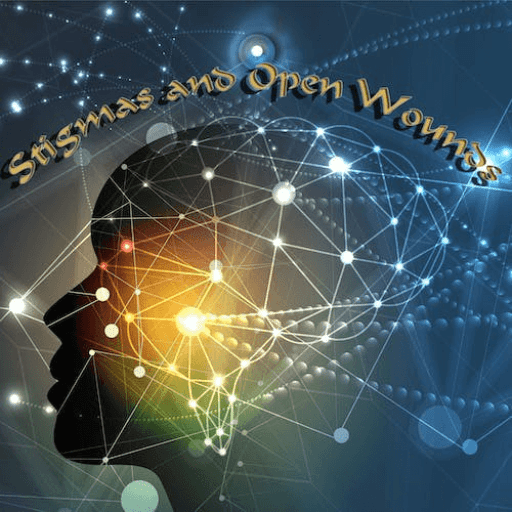Episode 5: Understanding ADHD: A Journey of Self-Discovery
The Aha Moment: Discovering ADHD
This week, it’s just us—no guests. We’re excited to explore a subject that caught us off guard. A friend of ours, who happens to be a psychologist, suggested that Eric might have ADHD after listening to one of his podcasts. This revelation sparked a discussion about neurodivergence and how it impacts Eric’s life.
Understanding Neurodivergence
Neurodivergence encompasses a variety of cognitive variations, including ADHD. Here’s what we discussed:
- Recognition: Eric had always suspected he might have ADHD but never had a formal diagnosis. The conversation with our friend gave him an “aha moment,” validating his experiences.
- Struggles and Strengths: We explored how neurodivergence can present both challenges and unique strengths in our daily lives.
Life with ADHD: Insights from Eric
Eric shared his reflections on how ADHD has shaped his approach to work and personal life:
The E-Commerce Experience
As an e-commerce entrepreneur, Eric often finds himself in bi-weekly calls with other Amazon sellers. While they share complex strategies, Eric’s approach is straightforward—often just two steps. He humorously refers to himself as a “lazy seller,” but this self-description underestimates his ability to run a successful business.
Key Takeaways:
- Simplification: Eric’s straightforward methods highlight the importance of simplifying processes to enhance productivity.
- Attention Span: He acknowledges that his attention span can limit his ability to dive deep into complex tasks, leading to a focus on immediate results.
Embracing the Journey
Eric’s journey has made him realize the importance of acknowledging his neurodivergence. By doing so, he has developed strategies to cope with challenges:
- Mindfulness and Meditation: Incorporating mindfulness practices has helped Eric manage his attention span and focus better.
- Breaking Tasks Down: He emphasizes the significance of breaking tasks into smaller, manageable increments, which can benefit everyone, not just those with ADHD.
The Duality of ADHD: Challenges and Benefits
While ADHD can pose challenges, it also brings unique strengths. Here’s what we discussed:
Challenges
- Short Attention Span: It can be difficult to maintain focus on lengthy tasks.
- Overwhelm: Large projects may seem daunting, leading to procrastination.
Benefits
- Creative Thinking: Neurodivergent individuals often think outside the box, leading to innovative solutions.
- Adaptability: Learning to navigate challenges can foster resilience and adaptability in various situations.
Exploring Medication and Alternatives
As we wrapped up our discussion, we touched on the potential benefits of medication for ADHD:
Questions to Consider
- Would medication simplify daily tasks?
- How would it impact productivity and focus?
Alternatives to Medication
- Mindfulness Practices: Regular meditation can help manage symptoms without medication.
- Task Lists: Creating task lists can help prioritize and tackle daunting projects, making them feel more manageable.
The Power of Reflection
Eric shared how reflecting on his ADHD has led to positive changes in his life. By recognizing his strengths and weaknesses, he has been able to:
- Identify Tasks: By understanding what tasks overwhelm him, he can prioritize and break them down into smaller segments.
- Motivate Himself: Using a task list as a motivational tool has doubled his sales in his e-commerce business by tackling daunting tasks that he had previously avoided.
The Importance of Listening
Eric also emphasized the importance of being open to feedback from others, especially those who are qualified to provide insights. He advised against actively seeking out diagnoses but encouraged being receptive to observations from trusted individuals. Listening to feedback can lead to significant personal growth and understanding.
Conclusion
Understanding ADHD is a journey of self-discovery. By recognizing our unique traits and challenges, we can develop strategies that work for us. Whether through medication, mindfulness, or simply breaking tasks into smaller parts, finding what works is key.
If you relate to any of these experiences or have insights of your own, we’d love to hear from you! Let’s continue the conversation and support one another on this journey.
